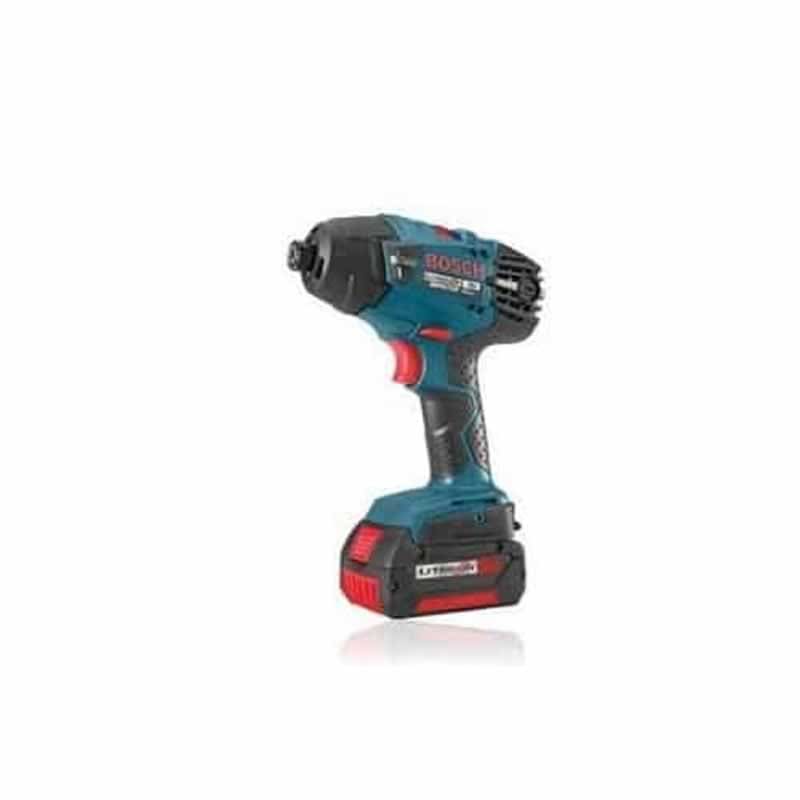A multimeter is a device that’s used to measure voltage, resistance, current and temperature among other properties that are found in electronic components. Multimeters are usually used by electrical and electronic technicians to diagnose technical problems in electric gadgets and devices. In fact, a technician can’t work without a multimeter because he won’t be able to identify the faults in the devices that he is trying to repair.

On the other hand, buying a multimeter can be a daunting task for a beginner because there are many brands in the market. Below are tips that can guide you when shopping for a multimeter.
Price
Although there are many multimeters in the market, you should narrow down your search to those that are within your budget. If you want the best multimeter, you should be prepared to pay a premium price. This is because top of the range gadgets are normally rich in features. But this doesn’t mean that a cheap multimeter will not give you the readings that you want. The only downside with cheap brands is that they come with only a few features. If you are on a low budget, you should be guided by your needs when making a selection. There is no point of buying a multimeter that has features that you rarely use.
Digital Vs Analog
There are two types of multimeters; digital and analog. Analog multimeters are old school because they have an arm that’s similar to that of a watch that moves from left to right. The good thing about this type of multimeter is that it allows you to see as the readings vary. However, they come with so many limitations. They can only measure just a few properties in electronic components and can’t be paired with a computer. A digital multimeter is therefore your best bet because it’s more accurate and allows you to measure various properties.

Features
The best multimeter will normally have a backlit display to enable you see the readings when working in a dark environment. Without such a feature, you would have to keep hovering a flashlight over the display when working in a poorly lit room. You should also opt for a multimeter that adjusts the ranging automatically. Such gadgets have sensors that detect what you are measuring and switch to the appropriate range. This helps in ensuring that you don’t get the wrong readings for the component that you are testing. If the multimeter doesn’t have this feature, you have to manually set the ranging or you will get resistance values instead of voltage.

Safety
A multimeter can burst when overloaded. Such accidents can be fatal. If you work with components that have high voltage especially beyond 30V, you should opt for a multimeter that’s equipped with internal blast protectors, isolation slots that contain the arc and extended flanges to avoid slippages. The good thing is that every multimeter has measurement category rating clearly indicated somewhere on ether the front or back casing.
Design
The durability of a multimeter is determined by its design. If you work in an extreme environment such as a construction site, you should pick a multimeter that features a strong casing so that it can withstand any kind of punishment that includes accidental falls and bumping against rough surfaces. You should also select a multimeter that is easily visible due to its bright color. A gadget that’s not easily visible can be easily damaged when other things are being trampled on by heavy objects and equipment.






